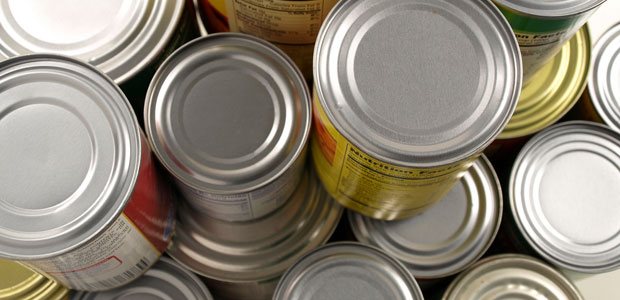Advertisement
BPA found in kids’ canned food
The notorious chemical bisphenol-A, or BPA as it is commonly called, has been found in canned goods marketed to children. BPA disrupts the normal functioning of estrogen in the body by binding to estrogen receptors. A recent study reported that low doses of BPA may predispose girls to breast cancer later in life. Boys are … Continued

The notorious chemical bisphenol-A, or BPA as it is commonly called, has been found in canned goods marketed to children.
BPA disrupts the normal functioning of estrogen in the body by binding to estrogen receptors. A recent study reported that low doses of BPA may predispose girls to breast cancer later in life. Boys are not excluded from the harmful developmental effects of BPA exposure, and the Canadian government recently labeled as BPA as toxic.
The Breast Cancer Fund tested four companies that have developed canned products for kids, including soups and canned pasta with sauce. Every product had detectable levels of BPA, with Campbell’s soups being the highest, at 148 parts per billion.
Hard, clear, #7 plastics such as water bottles are the most well known source of BPA, but they’re not the only source. BPA is used to line insides of the vast majority of canned goods. As the Breast Cancer Fund’s research shows, the BPA in the lining of the can leaches into the food, exposing consumers to the chemical.
Children are most susceptible to the harmful effects of BPA, so the Breast Cancer Fund’s findings of BPA in children’s canned foods are very upsetting.
Tips for avoiding BPA
- Choose fresh, frozen, or dried ingredients when possible rather than canned
- For packaged soups, try dried mixes or Tetra-packs
- A select few companies have non-BPA cans and are labeled as such
Unfortunately, BPA is not the only kind of plastic that is harmful, as various other types of plastic also pose potential health risks. The smartest strategy is to familiarize yourself with the different types of plastic and avoid those that are harmful.





